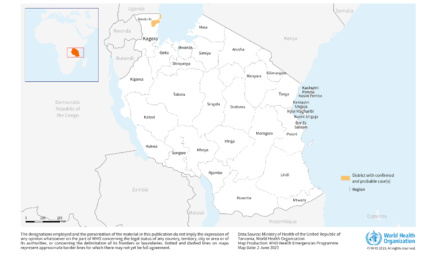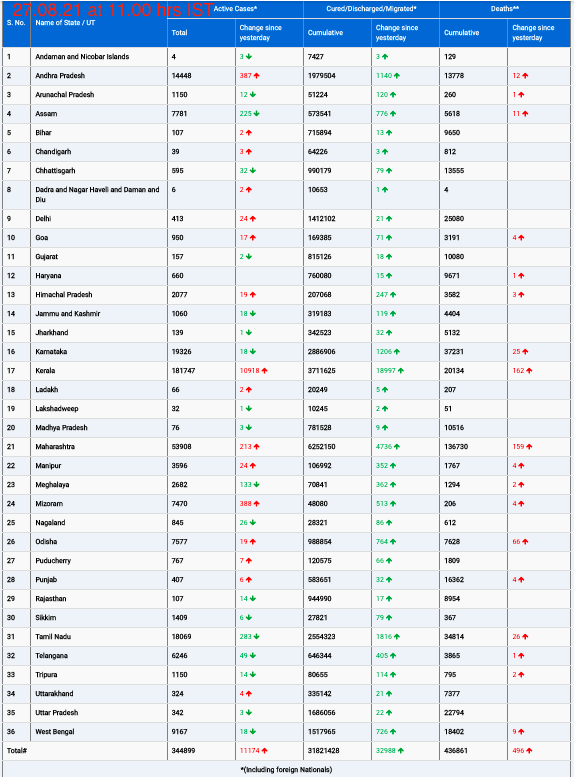The U.S. Food and Drug Administration (FDA) has expanded its approval of Elevidys (delandistrogene moxeparvovec-rokl), a pioneering gene therapy designed for the treatment of Duchenne muscular dystrophy (DMD). This decision broadens access to Elevidys for both ambulatory and non-ambulatory individuals aged 4 years and older with a confirmed mutation in the DMD gene.
Elevidys, initially granted accelerated approval in June 2023 for ambulatory individuals aged 4 to 5 years with DMD, has now received traditional approval for ambulatory patients aged 4 and older. Additionally, the therapy has been granted accelerated approval for non-ambulatory individuals in the same age group, reflecting the critical unmet medical need in this population.
Dr. Peter Marks, Director of the FDA’s Center for Biologics Evaluation and Research, emphasized the significance of this expanded approval: “Today’s approval broadens the spectrum of patients with Duchenne muscular dystrophy eligible for this therapy, helping to address the ongoing, urgent treatment need for patients with this devastating and life-threatening disease.”
Duchenne muscular dystrophy is a rare genetic condition primarily affecting males, characterized by progressive muscle degeneration. It is caused by mutations in the DMD gene, resulting in the absence of dystrophin, a protein essential for muscle integrity. Symptoms typically manifest in early childhood, leading to muscle weakness, mobility issues, and potentially life-threatening complications affecting the heart and respiratory system.
Elevidys functions by delivering a modified gene that produces micro-dystrophin, a shorter version of the dystrophin protein crucial for muscle function. Administered via a single intravenous dose, Elevidys aims to mitigate disease progression and improve patient outcomes by restoring dystrophin levels in muscle cells.
The FDA’s decision was informed by comprehensive clinical data, including multiple studies assessing Elevidys’ efficacy and safety across different patient groups. While initial trials did not meet all primary endpoints, secondary measures such as improvements in motor function and muscle strength demonstrated significant clinical benefit compared to placebo.
Safety evaluations identified common side effects such as vomiting, nausea, and liver abnormalities, necessitating ongoing monitoring post-treatment. Additionally, rare but severe risks like immune-mediated myositis and myocarditis were observed, underscoring the importance of careful patient management and monitoring protocols.
Sarepta Therapeutics Inc., the manufacturer of Elevidys, continues to conduct further studies to confirm its benefits across diverse patient demographics, including ongoing trials focused on non-ambulatory individuals.
With this expanded approval, Elevidys stands as a beacon of hope for individuals and families affected by Duchenne muscular dystrophy, offering a targeted therapeutic approach to combat this debilitating condition.
For more information, visit FDA’s official announcement.











